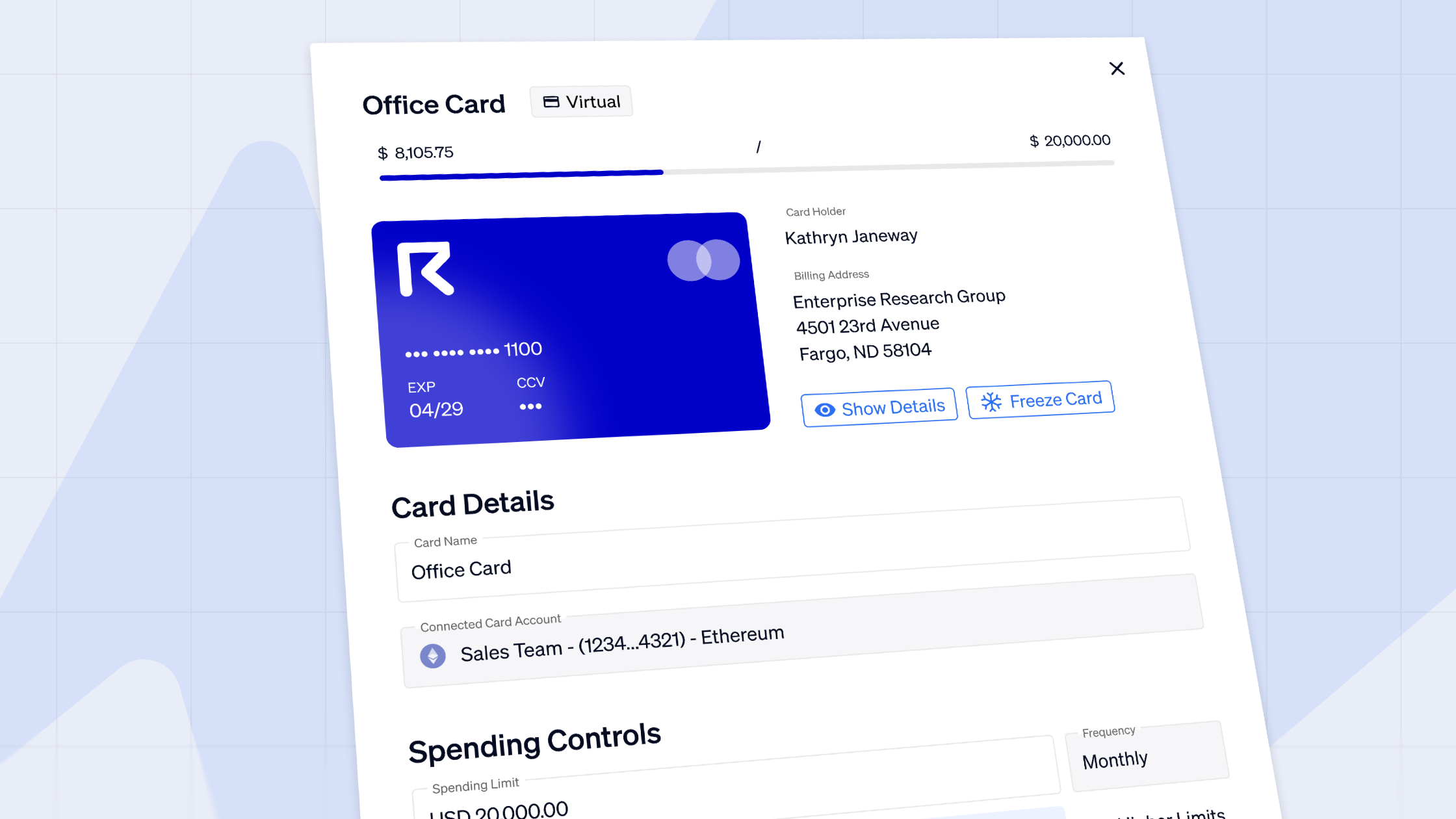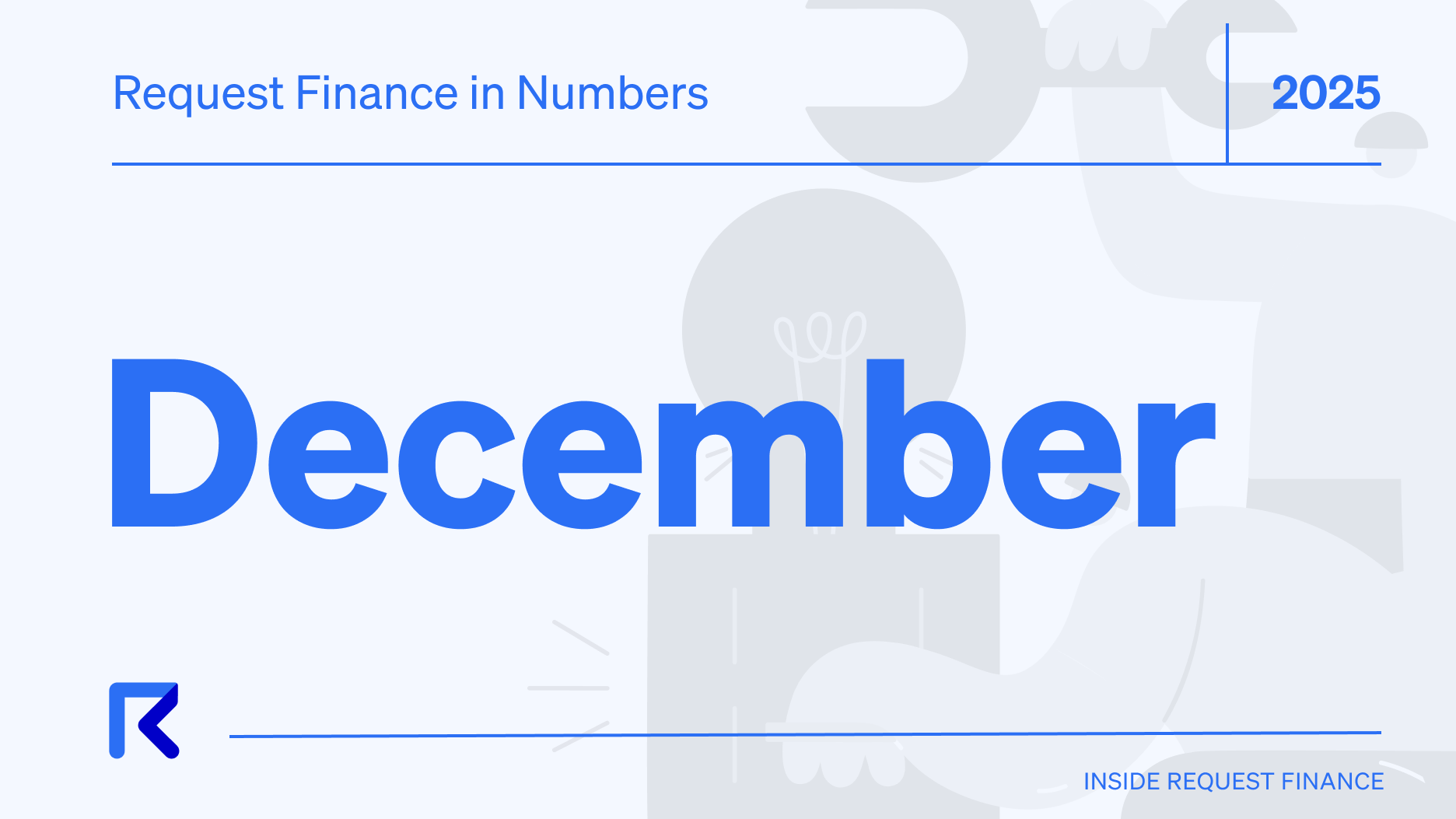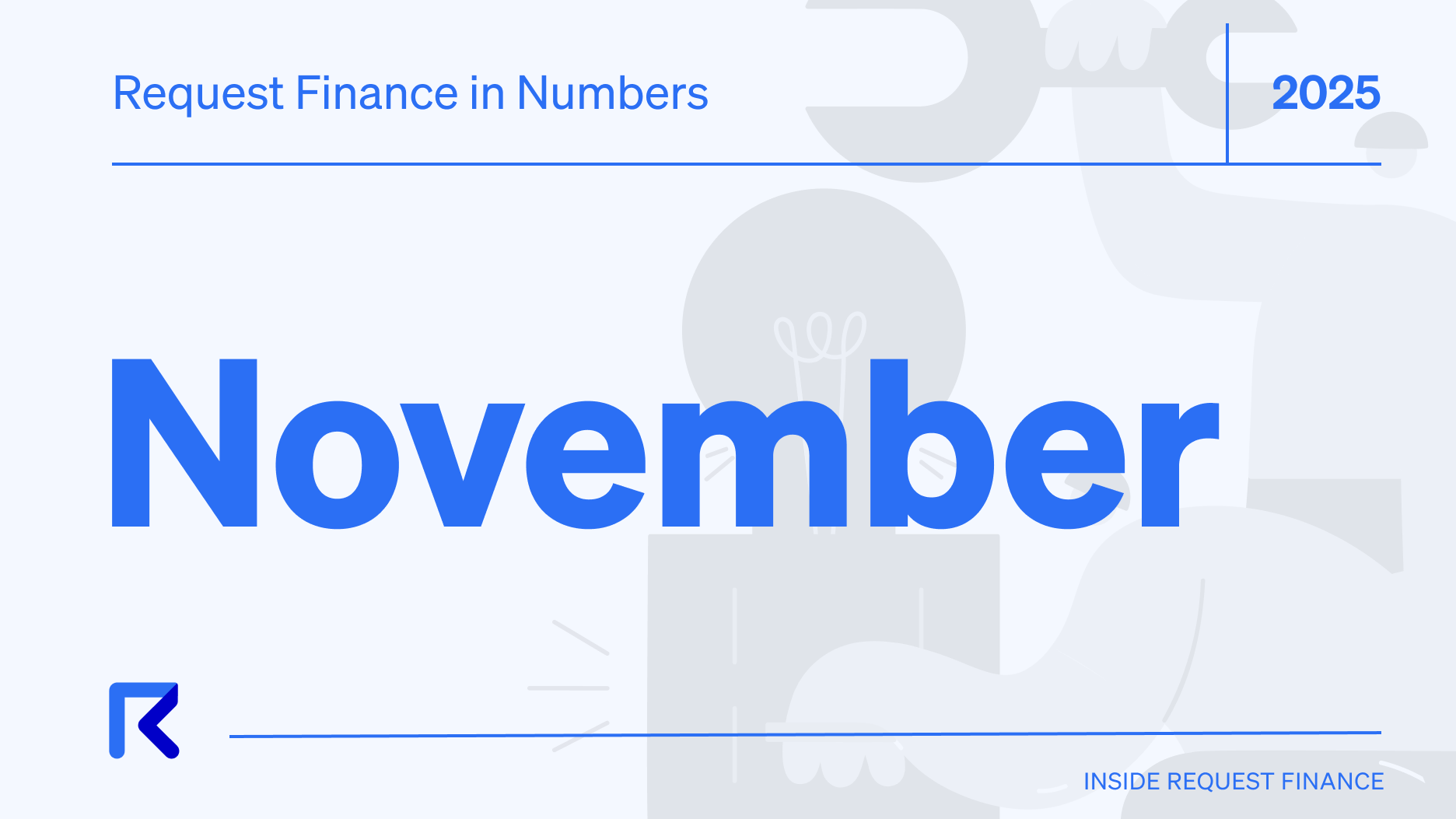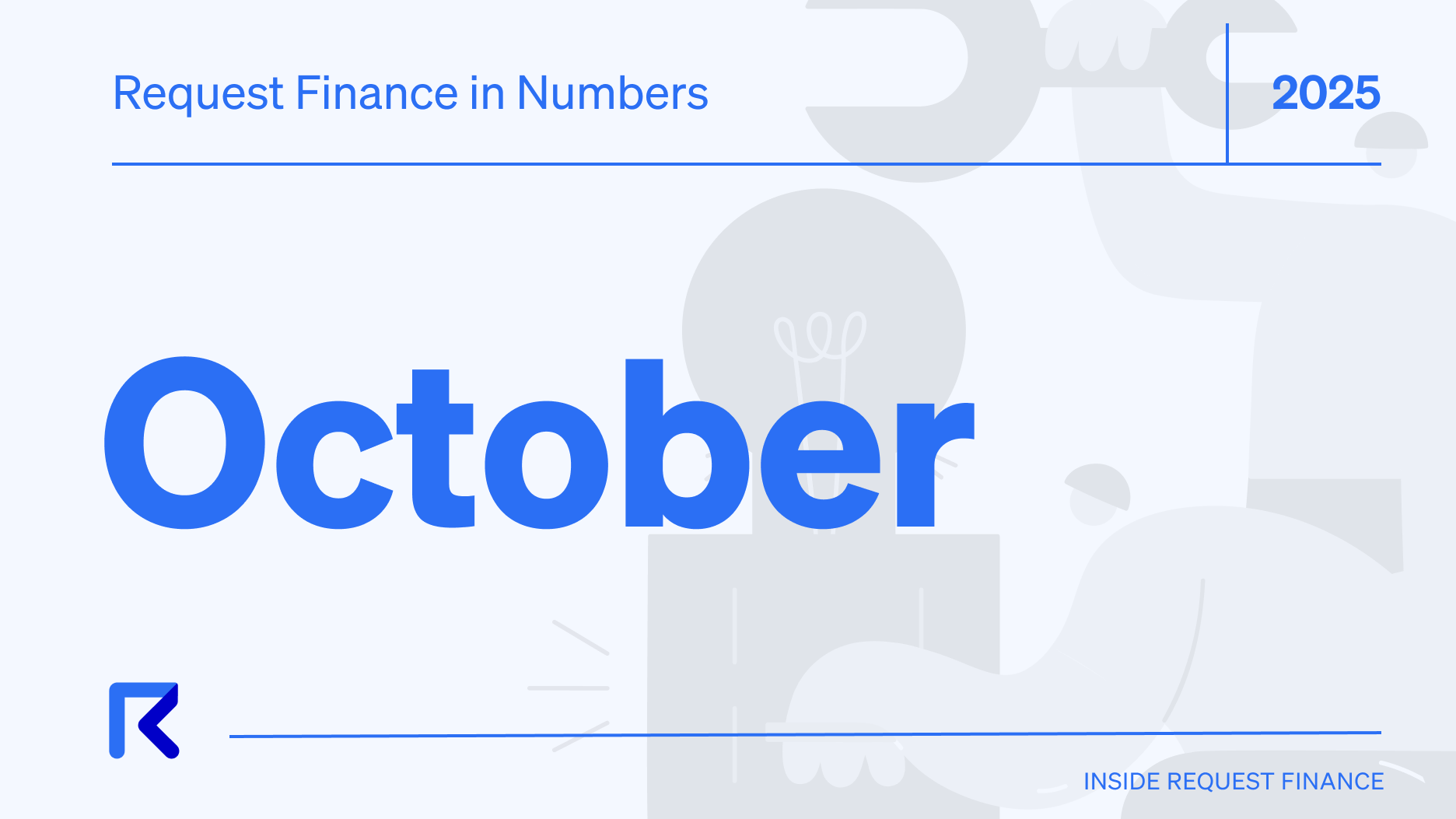6 Reasons Why Freelancers Should Take Payment in Crypto
Here are some reasons freelancers should consider taking payments in crypto.

It’s no secret that Web3 has been one of the biggest sources of opportunities for freelancers since 2017. We recently wrote an article explaining how and why the decentralization of work and finance in Web3 has transformed the opportunity landscape for freelancers.
If you’ve been a freelancer for some time now, you probably have been asked by a client to consider accepting payment in crypto. But as with all things new and scary, you might still be sitting on the fence about whether or not to accept payment in crypto for all the work you’ve put into a project.
Here are some reasons freelancers should consider taking payments in crypto.
1. Job opportunities in crypto are growing

Web3 has been one of the single most exciting developments for freelance work.
For one, the ethos of decentralization in Web3 has opened up new opportunities for freelancers to work on projects that are run by organizations like DAOs, that are more open, and globally-distributed. They are more willing to hire from anywhere, and are also more likely to do so even for higher value work like technical roles.
Remote work is the norm for many successful blockchain companies including Chainalysis, Anchorage Digital, and more. As many as 45% of blockchain-related jobs advertised on Indeed.com are listed as remote - nearly triple the global average of 16% across all employment sectors.
Many of these Web3 organizations typically offer payment in crypto. Refusing to accept crypto payments would be closing the door to a rapidly growing base of clients eager to hire freelancers.
2. Crypto payments are growing
Most freelancers are early adopters and risk-takers - or they would be working in an office at a traditional 9 to 5. But some understandably prefer to be a little more cautious - especially when it comes to what you are getting paid in.
If you are worried about being the first to accept a nascent payment method, fear not.
According to Chainalysis’ annual report on the Geography of Cryptocurrency, the use of cryptocurrencies for payment has grown significantly in recent years. The total value of cryptocurrency transactions increased by over 300% from 2018 to 2020, reaching $1.8 trillion in 2020. Additionally, the number of active cryptocurrency users increased by over 50% from 2018 to 2020, reaching over 50 million users.
Additionally, a survey by the Bank for International Settlements found that around 20% of central banks are exploring the use of digital currencies for payment systems. Furthermore, a survey by PwC found that 84% of companies surveyed in 2021 had adopted or were considering adopting cryptocurrencies for payments, compared to only 14% in 2018. Major companies such as Microsoft, AT&T, and Expedia have already begun accepting cryptocurrencies as a form of payment, indicating a growing trend of mainstream adoption globally.
Ready to Supercharge Your Crypto Accounting?
Stop wasting time, manually creating journal entries. Automate your accounting now, and enjoy error-free reporting
Learn how to scale your company's crypto & fiat financial operations
Your financial complexities are our specialties. Schedule your free consultation today and discover how Request Finance can transform your financial operations
Simplify crypto and fiat financial operations today
Rely on a secure, hassle-free process to manage your crypto invoices, expenses, payroll & accounting.
3. Universal, instant, cheap payments

As a freelancer, you probably leverage digital channels to acquire clients from around the world. Cryptocurrencies are digital currencies that live on digital ledgers called blockchains. That makes crypto payments universal, faster, and usually cheaper - particularly when you have to receive or send larger amounts across borders.
Their availability as a payment method is not bound by geographical boundaries. Crypto payments can be done anywhere in the world, as long as there is an internet connection. This means that freelancers can reach a global market and work with clients from any country.
4. Massive upside potential
We’ve all heard stories about how accepting payment in undervalued assets like equity in startups, or cryptocurrencies like Bitcoin has paid off handsomely for freelancers.
Graffiti artist David Choe was commissioned by Facebook in 2005 to paint its Silicon Valley headquarters with murals. The fledgling startup’s CEO at the time, Sean Parker, offered him a choice between cash or company stock for his $60,000 project fee. Despite telling Parker that “Facebook was a joke”, Choe ended up taking payment in the latter, which ended up being worth $200 million when Facebook went public at $38 a share in 2012.
The rapper 50 Cent, raked in about 700 bitcoins after agreeing to accept payments in Bitcoin for his fifth album, “Animal Ambition” when it was released in June 2014, when one bitcoin was worth $662. What was around $460,000 in sales at the time, has now become a multi-million dollar windfall.
But of course, the huge potential of price appreciation also comes with the equally great risk of it correcting sharply in the other direction. So perhaps it is best to take some portion of your client payments in crypto, while ensuring that you have sufficient income in other less volatile payment options. That way you get limited exposure to the asset class.
5. Stablecoins: crypto without the volatility

Stablecoins are cryptocurrencies pegged to national currencies like the US Dollar, which have all the benefits minus the volatility of other types of cryptocurrency. Freelancers can benefit from accepting payments in stablecoins because they provide a stable and predictable value, unlike other cryptocurrencies that can be highly volatile.
This means that freelancers can avoid the risk of losing money due to fluctuations in the value of the currency they are being paid in. Additionally, stablecoins can be easily converted to other currencies, making it easy for freelancers to access their earnings.
And if you live in a country where your home currency has been depreciating against other stronger currencies, stablecoins allow you to easily hedge your earnings against currency devaluation.
6. Smart contract escrow: ensure that clients pay up - and on time

Freelancers can also benefit from using smart contract escrow when accepting payments in cryptocurrencies. An escrow smart contract is an application that holds cryptocurrencies like stablecoins in a secure, third-party wallet until certain conditions are met.
With an escrow smart contract, the freelancer and client can agree on the terms of the project and the amount of payment. The client can then deposit the payment into the escrow contract, which holds the funds until the project is completed to the satisfaction of both parties. Once the project is completed and the freelancer has delivered the work, the client can release the payment to the freelancer.
This ensures that the freelancer is paid for the work they have done and that the client is satisfied with the work before releasing payment. Even if a client ghosts you, or when disputes occur, there are easy ways for freelancers to seek recourse.
As the old adage goes “Don’t count your chickens before they hatch”. A client agreeing to pay you on time is one thing. Actually seeing the money come into your bank account is another matter.
Crypto invoicing applications like Request Finance have smart contract escrow functions built directly into the payment options. This can provide added security and peace of mind for freelancers looking to accept crypto payments.
To sum up, accepting payments in cryptocurrencies like stablecoins and using smart contract escrow can provide freelancers with better returns, faster and cheaper transactions, and the ability to reach a global market. However, it's important to be aware of the tax implications and consult with a tax professional.
Since launching in January 2021, Request Finance has helped over 2,300 remote teams manage over $273 million in invoices, payroll and expenses paid in crypto.
Learn how it can help freelancers like you simplify invoicing your clients, and getting paid in crypto today.
Crypto finance tips straight to your inbox
We'll email you once a week with quality resources to help you manage crypto and fiat operations
Trending articles
Get up to date with the most read publications of the month.
Our latest articles
News, guides, tips and more content to help you handle your crypto finances.











